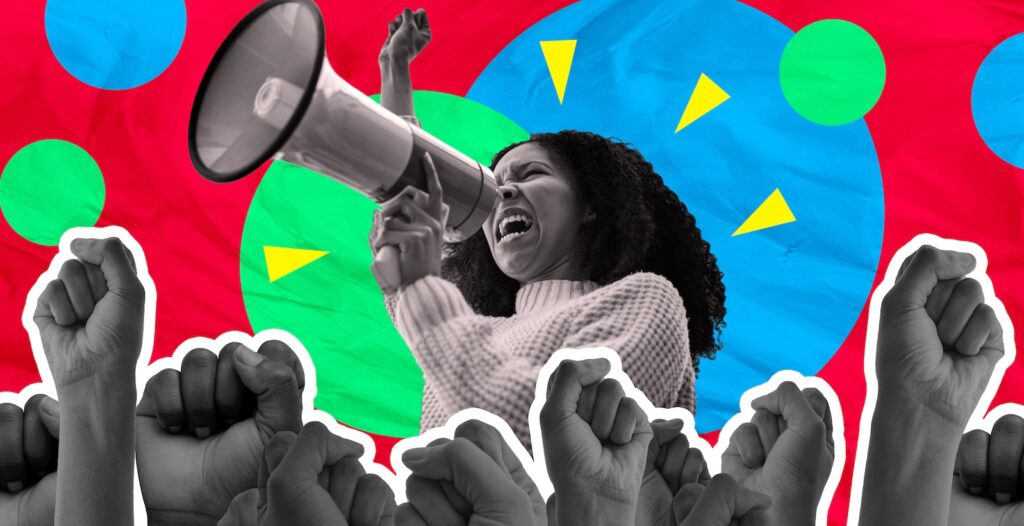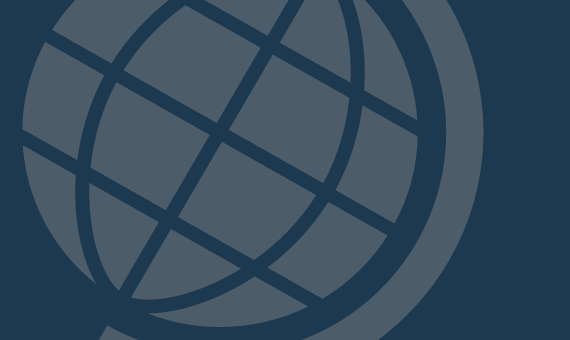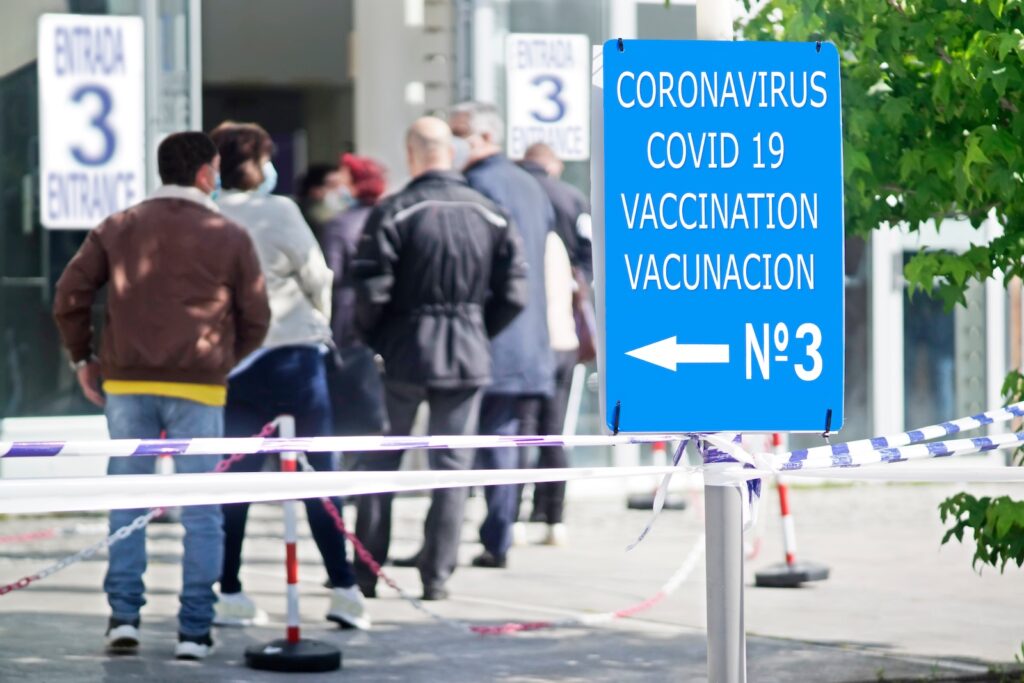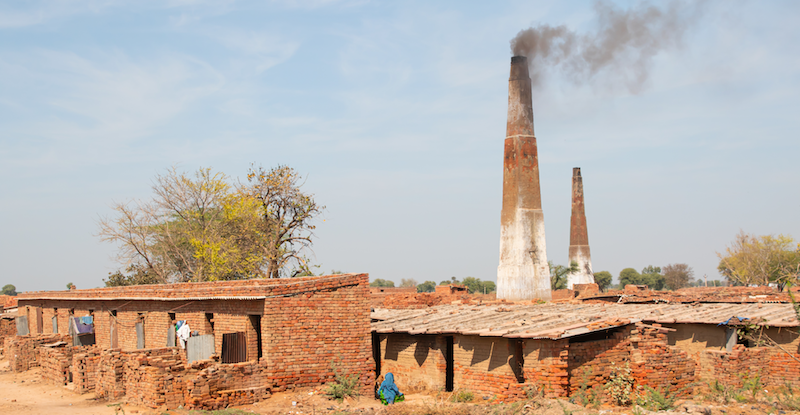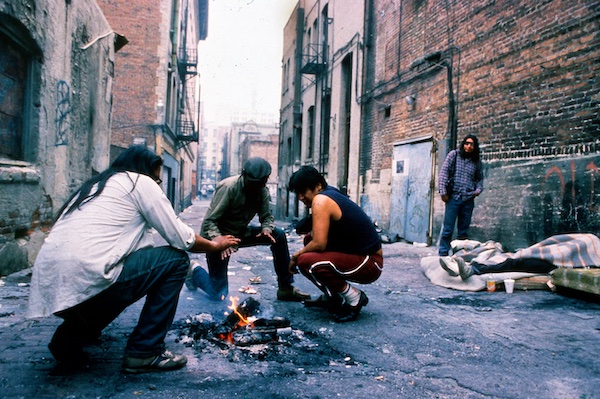2023 Just Tech Fellowship Application Info Webinar Recording
The SSRC’s Just Tech program is seeking applications for the third cohort of its Just Tech Fellowship for the 2024–26 period. This informational webinar was recorded on November 17 to provide those interested with relevant information regarding the application process and fellowship. Learn more and apply to the Just Tech Fellowship here. Applications will be reviewed on a rolling basis. The last day to submit Full Application Materials is January 31, 2024, at 11:59 p.m. EST. Event Recording —– The SSRC’s Just Tech program foregrounds questions of power, equity, and the public impact of new technologies, investigating evidence of bias …
